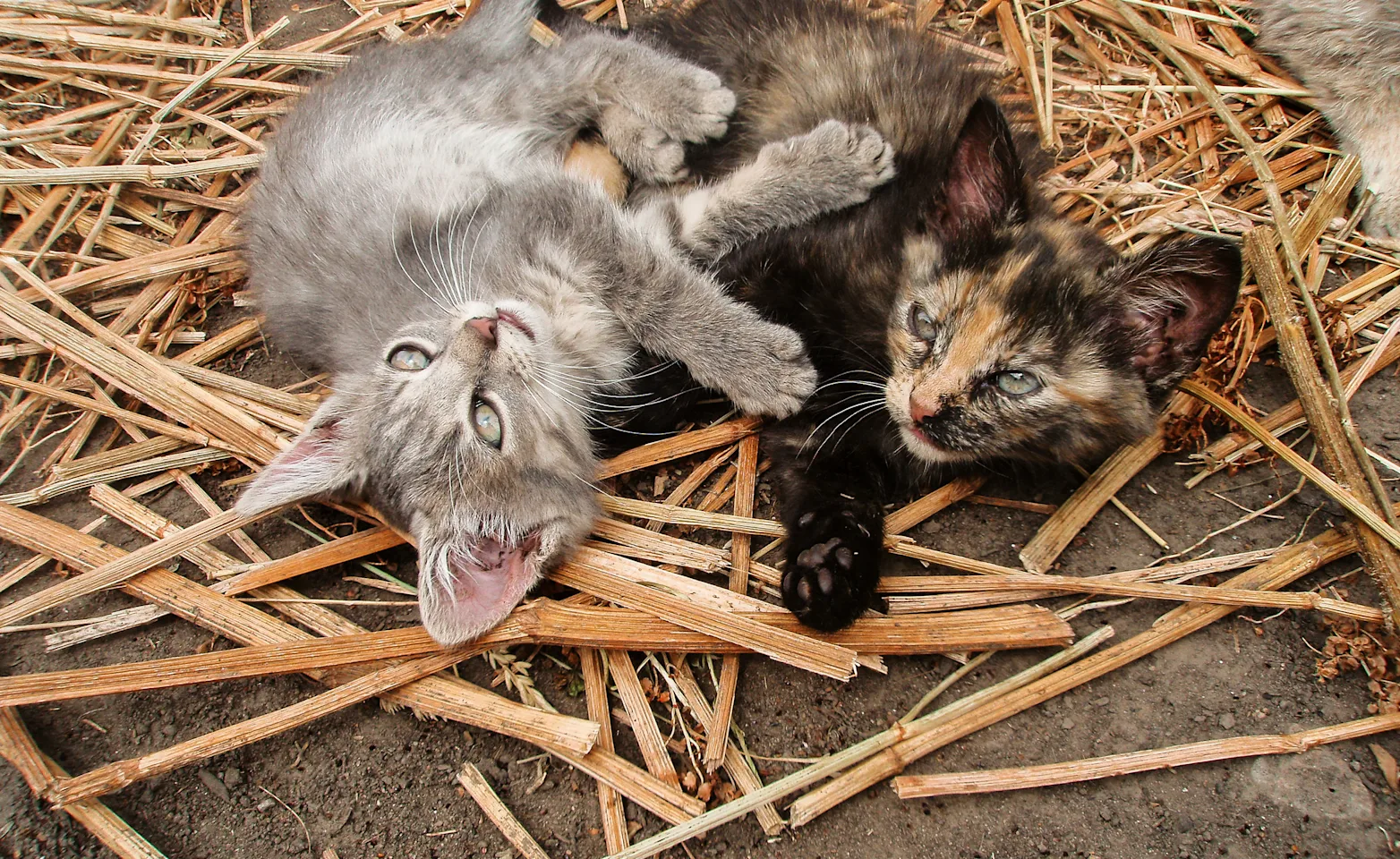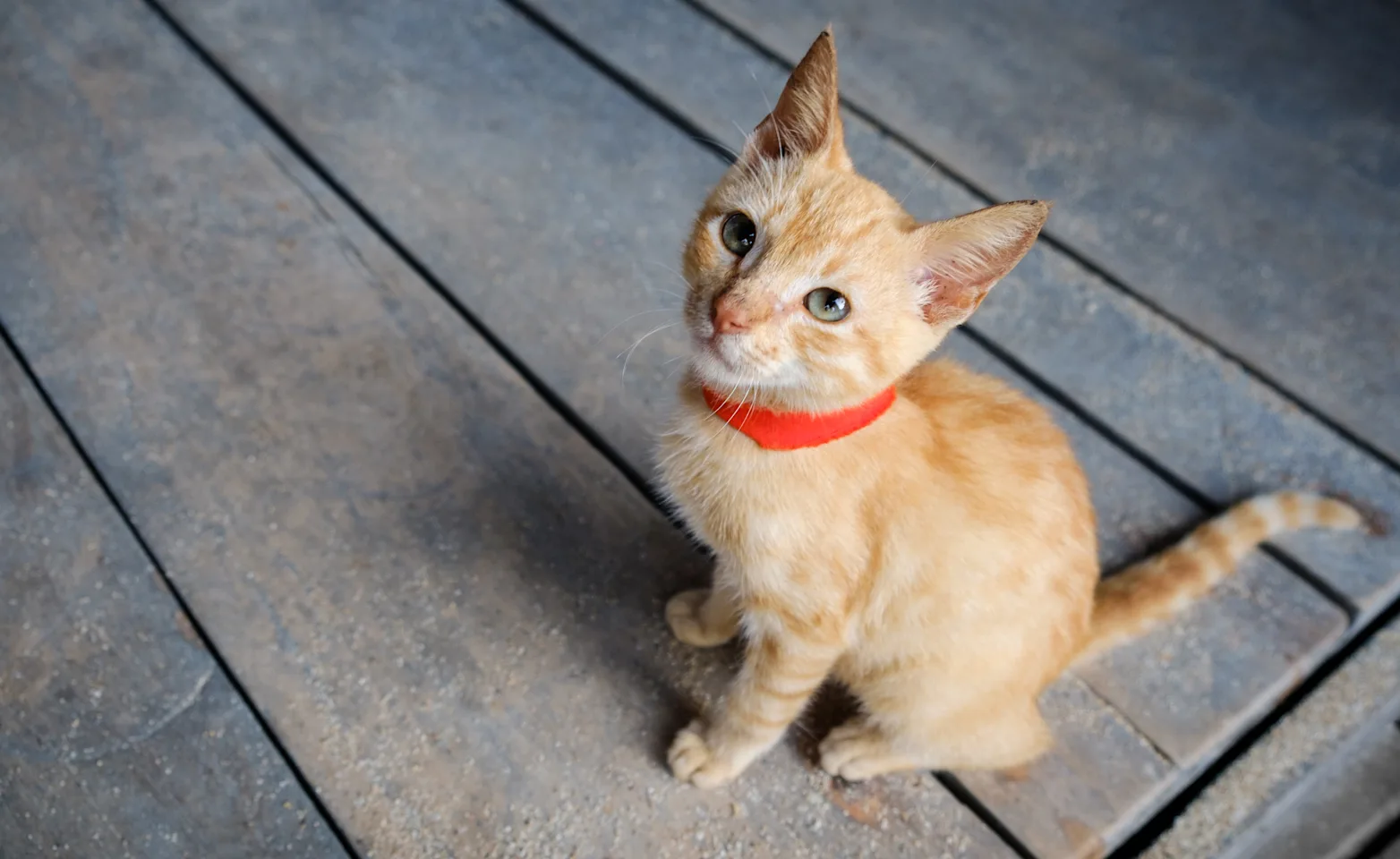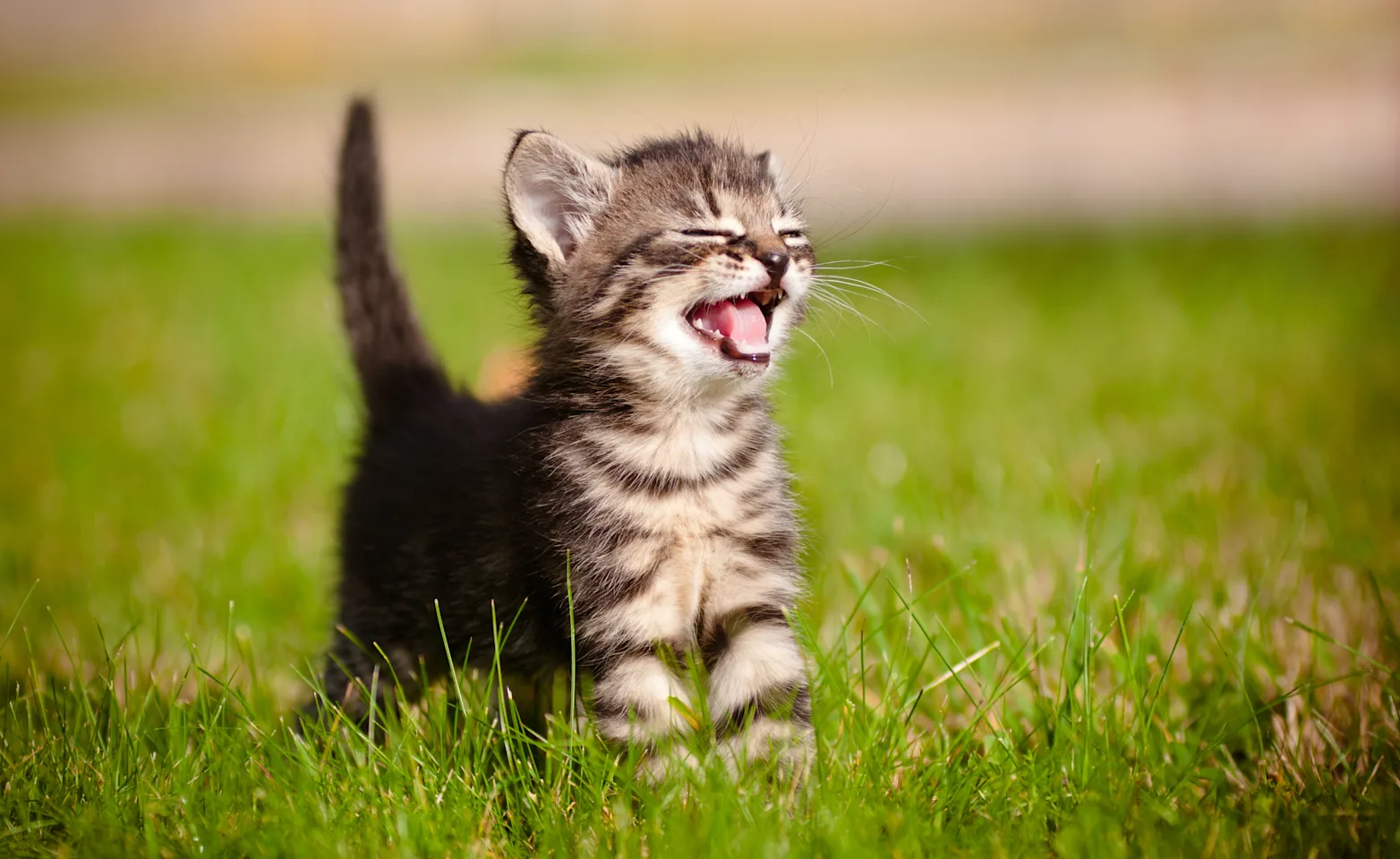Westside Animal Hospital

Kitten Visits
We recommend the initial kitten visit at 7-8 weeks of age. Be sure to bring a fresh stool sample for parasite analysis, along with any medical history that you have.
We recommend testing all new cats and kittens for Feline Leukemia Virus (FeLV) and Feline Immunodeficiency Virus (FIV). Similar to HIV in people, these viruses suppress the immune system, resulting in opportunistic infections. Infected felines fail to thrive, lose weight, and commonly die prematurely. There is no cure for infected cats. Cats often do not show any symptoms in the early stages of infection. A simple blood test is available that yields a quick answer while you wait.
The doctor will also discuss:
Vaccination and de-worming schedules
Heartworm Disease and prevention
Spaying/Neutering

Vaccinations
Vaccinations are typically started at 7-8 weeks of age. Boosters are necessary at three- to four-week intervals until at least 15-16 weeks of age. We use tiny needles to minimize discomfort. Proper vaccinations are critical to prevent life-threatening infectious diseases. All of the feline vaccines we use are adjuvant-free, which are the safest available. Common vaccinations include:
FVRCP:
Often referred to as the “Distemper vaccine” for simplicity. Includes Feline Viral Rhinotracheitis (Herpes), Calicivirus, and Panleukopenia (Feline Distemper). Once kitten series is completed, boosters are required at one year of age, then every three years.
Rabies:
Rabies vaccination is required by Indiana law. Kittens should be vaccinated at 12-16 weeks of age and then boostered at one year of age. Annual boosters are required.
Leukemia (FeLV):
Recommended only for those cats who go outdoors unsupervised or who live with a FeLV-positive cat in the same household. Two-shot series required the first year, then annual boosters required.

Heartworm Disease and Prevention
Heartworm Disease is a serious parasite spread to both dogs and cats by the mosquito. While infection can be fatal, heartworm is easily prevented by giving monthly preventatives. Preventative should be given from May to December and can be started in kittens as young as 6-8 weeks of age. There is no treatment for cats who do get the disease, so prevention is important! A recent study found that 1/3 of heartworm-positive cats were housed exclusively indoors. Several preventative options are available.
